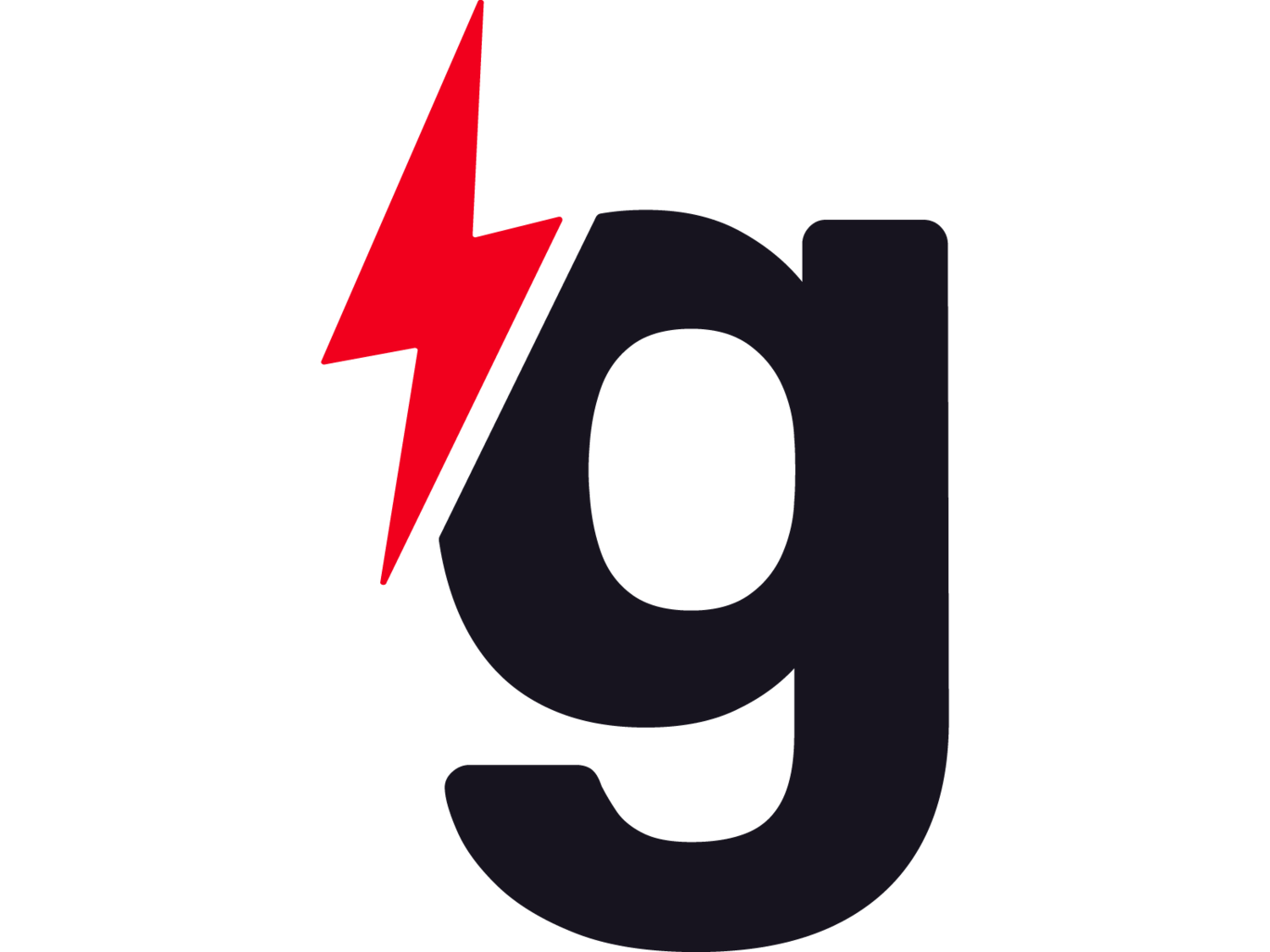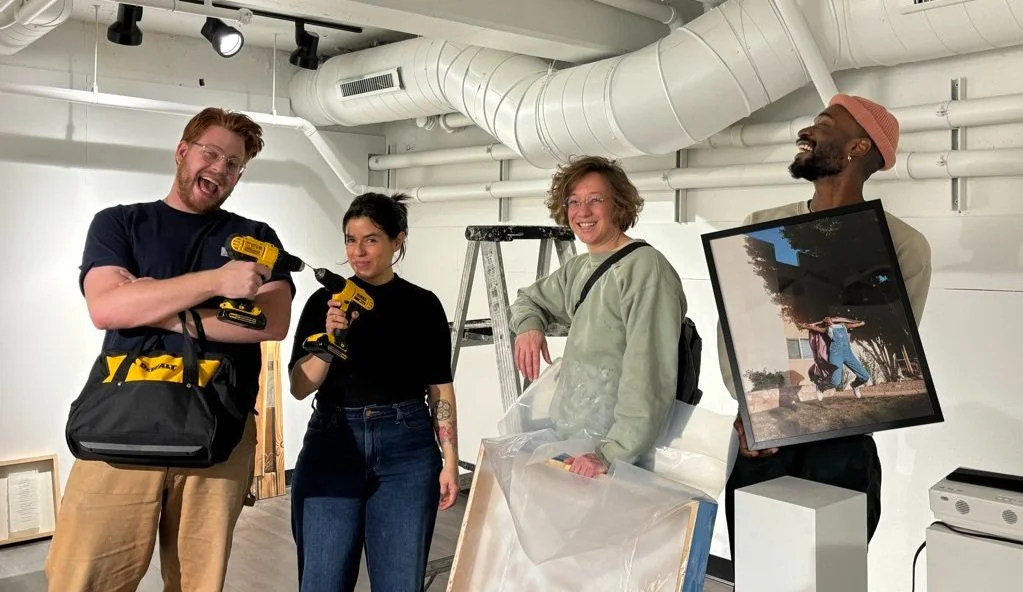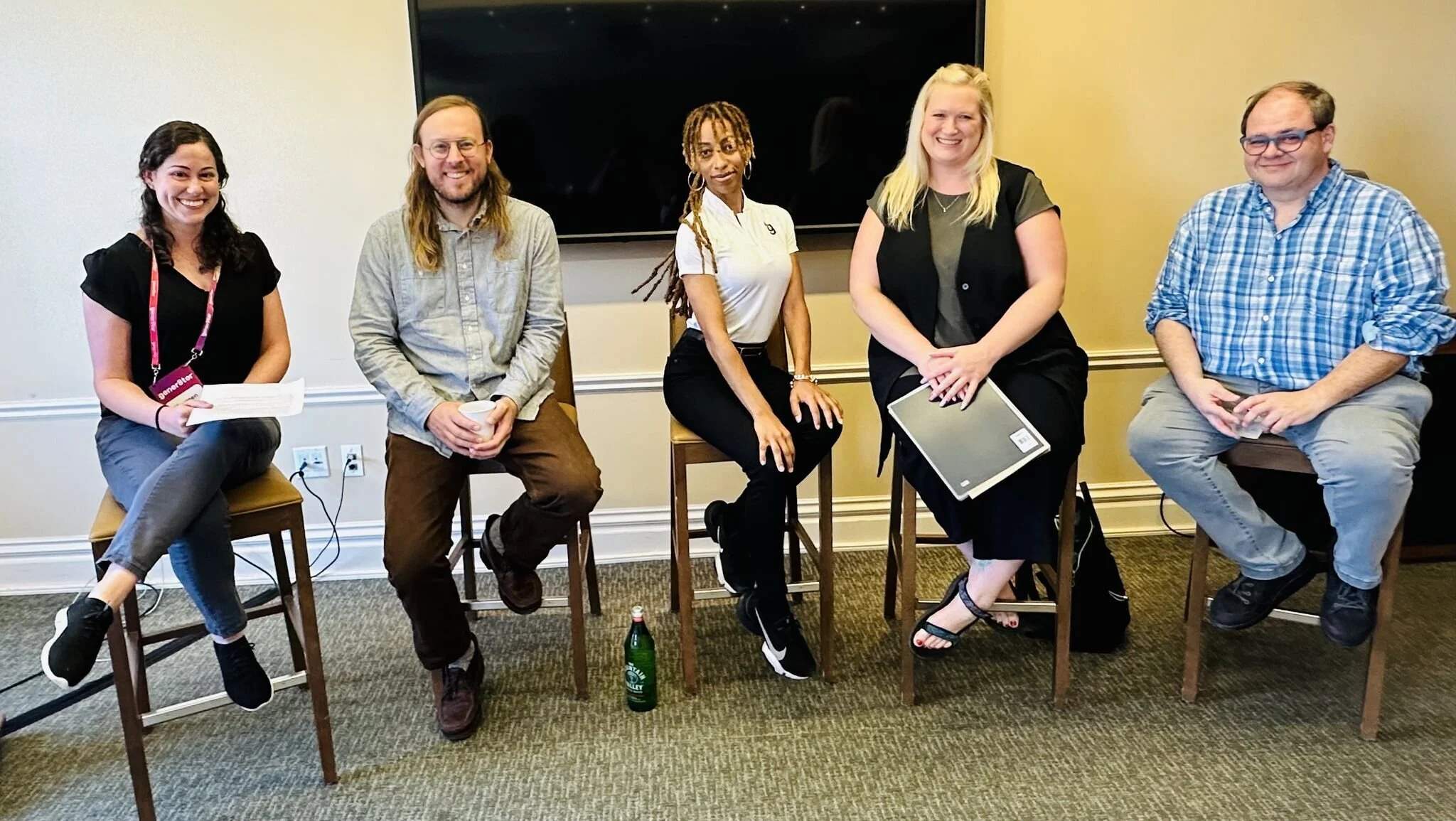Why Should Venture Capitalists Focus on the Creative Economy?
Written by maureen ragalieWhenever I tell people that I run an art program for a venture capital company, I tend to get blank stares or confused looks. The combination of art and venture capital is still a foreign concept to many people, although it shouldn't be. The creative economy and economic development are deeply interconnected. Artists are small businesses, running their studios the same way a local mom-and-pop storefront business operates - focused on profit/loss and making sure there’s enough overhead to keep the doors open and to keep doing what they’re passionate about. Artists are entrepreneurs and innovators, exploring new ideas, and pushing the boundaries of what is possible at the forefront of innovation, yet they also carry the financial burden of raising capital to allow them to produce their creations.
The link between the creative economy and economic development runs deep, yet the arts are drastically underfunded. According to the National Endowment for the Arts, the US creative sector generates about $877 billion annually which is approximately 4.5% of the U.S. GDP, and yet we allocate less than 0.01% of the federal budget to support the arts. Creatives generate economic activity and stimulate the local economy through job creation, tourism, and urban revitalization, yet creative professionals often lack economic support on both the federal and state levels (for example, Florida just cut all state arts funding, and Wisconsin, where gener8tor was founded, continues to rank among the lowest in state arts funding).
Creative professionals also contribute to creating vibrant communities, with rich cultural amenities (such as music venues, theaters, art events, food and dining experiences, etc) attracting young professionals to want to live and work in the communities. In the book “The Rise of the Creative Class" Richard Florida argues that cities that foster a vibrant creative environment attract more talented individuals and innovative businesses, leading to economic prosperity in the region. Florida encourages us to look at cities like Austin, NYC, and San Francisco to examine how the creative industries in these cities led to economic growth. Creative professionals foster communities that promote innovation, problem-solving, and community building. Creatives are natural problem solvers, open to collaboration, and exploring new ideas, and yet, they are often pushed out of the communities they helped create, due to economic pressures.
In 2018, the cofounders of gener8tor decided to experiment with ways to bolster the local creative economy in Wisconsin by adapting the venture capital accelerator model to serve creative professionals, such as artists and musicians. At the core of gener8tor’s Creative Accelerators (gener8tor Art and gener8tor Music) is the belief that creative professionals are entrepreneurs and deserve the same access to resources and support as other entrepreneurs. The gener8tor Creative Accelerators support creative professionals (artists, musicians, filmmakers, fashion designers, etc) through professional development workshops, one-on-one mentorship, and grant funding. With a focus on supporting creative professionals who have been traditionally underfunded (BIPOC, LGBTIA+, women, nonbinary individuals, persons with disabilities, neurodiverse individuals, veterans, etc), this program aims to support the business side of these creative practices.
The gener8tor Creative Accelerators provide the creative community with three different program offerings throughout the year:
Accelerator Programs: Participants receive grant funding as an investment in their creative practice and individualized mentorship on how to strengthen the business side of their creative work.
Master Classes and Professional Development Workshops: These workshops and webinars are open to the public and designed to equip creative professionals with essential skills and knowledge, enabling them to enhance their professional growth within creative industries. Topics include How to Write Artist Statements, Brand Identity for Creative Professionals, How to Price and Sell Your Artwork, and Digital Presence for Creative Professionals.
One-on-One Mentorship for Career Success/Office Hours: Creative professionals may sign up for one-on-one consultations with gener8tor staff, who provide tailored guidance in navigating the intricacies of the art market and music industries and cultivating sustainable creative practices.
To date, the gener8tor Creative Accelerators have provided over $700,000 to 100+ artists, musicians, filmmakers, fashion designers, and other creative professionals, providing them with much-needed mentorship, business support, and funding. In addition to seeing these creative professionals thrive in their local communities, gener8tor continues to be interested in tracking outcomes such as increased revenue from art sales and music streaming, as well as increases in performance and exhibition opportunities. gener8tor is committed to supporting creative professionals as entrepreneurs and providing them with the resources they need and deserve.
The ties between the creative economy and economic development are clear - what other ways can we as a community help support creative professionals?
gener8tor Art cohort members pose while installing an exhibition at the Sherman Phoenix Marketplace in Milwaukee, WI.
Wisconsin Governor Tony Evers discusses artwork created by gener8tor Art alum Symphony Swan
gener8tor Art alum, Margaret Muza shows Wisconsin Governor Tony Evers his tintype portrait
The gener8tor Creative Accelerators panel discussion on Creative Entrepreneurship. Panelists included (from left to right): Maureen Ragalie (Managing Director, gener8tor Art), John Riepenhoff (Director of the Green Gallery and Executive Director of Sculpture Milwaukee), Suai Kee (Director, gener8tor Music), Diana Maas (Assistant Deputy Secretary, Wisconsin Department of Administration), John Brogan (Chief Executive Office, The Bank of Kaukauna and Wisconsin Economic Development Corporation Board Member)
Suai Kee, Director of gener8tor Music, presents a workshop on Brand Identity for Creative Professionals







